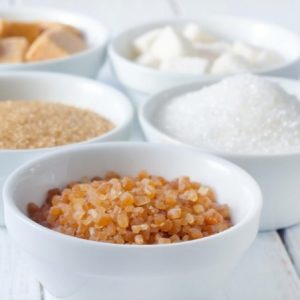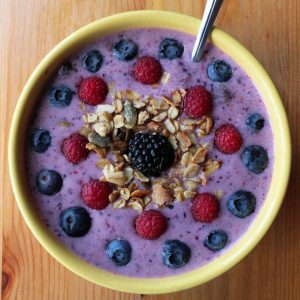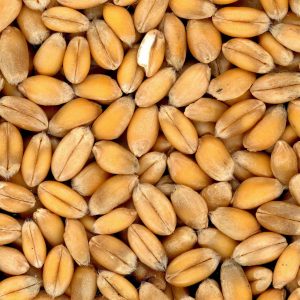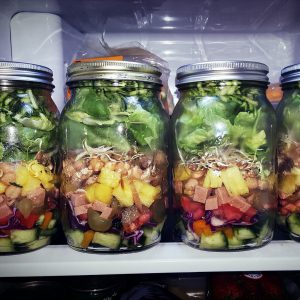The Bitter Truth About Sugar Alternatives


Sugar has been linked to everything from obesity to gum and heart disease, but most people still need to satisfy their sweet tooth once in a while. Fortunately, there are a lot of natural alternatives to sugar available nowadays, but are they really better options?
First let’s take a look at sugar itself. Everyone is familiar with this sweet stuff, also known as table sugar or sucrose. Sugar has two parts to it: glucose and fructose. While glucose is essential for the body, fructose is not. Fructose goes straight to the liver, and when consumed in large amounts, results in problems like diabetes and heart problems. It’s generally recommended that added sugars make up no more than 10% of your diet.
With that in mind, let’s take a look at how the so-called healthy alternatives stack up.
Honey
What is it: Honey is a natural sweetener derived from flower nectar that’s collected and stored by bees
What’s good: Honey is just about as sweet as sugar, but it contains several vitamins and minerals. If you really want the benefits of honey, it’s best to go with the organic variety.
What’s bad: It’s not vegan. You need to consume over three tablespoons to get the full nutritional value and most commercially available honey isn’t pure, containing a high level of fructose (up to 50%).
Agave Nectar
What is it: Agave nectar is derived from the leaves of the blue agave plant (a type of cactus) and has a very intense flavor, so you don’t need to use as much of it.
What’s good: It’s completely plant-based and gluten-free. Pure agave nectar also contains antioxidants.
What’s bad: The fructose level in agave nectar is a whopping 90%! Most commercially sold versions are also processed to the point where the antioxidant levels are negligible.
Maple Syrup

Image Credit: TheCulinaryGeek
What is it: Sap of the maple tree that’s been boiled and filtered.
What’s good: Quite a low fructose level, and contains at least 24 different antioxidants.
What’s bad: As with sugar, high levels of consumption can lead to health problems.
Coconut Palm Sugar
What is it: Coconut sugar is the boiled and dehydrated sap of the coconut palm.
What’s good: Relatively low fructose content, high in nutrients like potassium and Vitamin C.
What’s bad: Contains the same carbohydrates and calories as sugar.
Evaporated/Dehydrated Cane Juice
What is it: It’s basically sugar, but with a little less processing. It contains molasses that gives it a darker caramel color.
What’s good: Contains some of the nutrients of molasses such as calcium, magnesium and Vitamin A.
What’s bad: It only contains small amounts of those nutrients, making it only a little bit healthier than sugar.
Stevia

Image Credit: Forest and Kim Starr
What is it: Stevia is derived from the leaves of a plant that grows in the warm regions of North and South America.
What’s good: It doesn’t affect blood sugar, which makes it good for people with diabetes or insulin resistance. It also doesn’t contain carbohydrates or calories.
What’s bad: Because it has zero calories, people tend to overuse it, which can lead to an increase in sugar cravings. It can also have a bitter aftertaste.
Xylitol
What is it: Xylitol is a naturally occurring sugar alcohol that can be found in plant fibers.
What’s good: It has very few calories and doesn’t affect blood sugar, so it’s good for diabetics.
What’s bad: Most Xylitol nowadays comes from corn husks, and may carry some of the problems associated with corn. It can also cause gastric upset in some people.
Sumati MendaNEWSLETTER SIGNUP
Never miss a post from VeggieBuzz!
Sign up for our newsletter to get the latest VeggieBuzz content delivered right to your inbox.



















